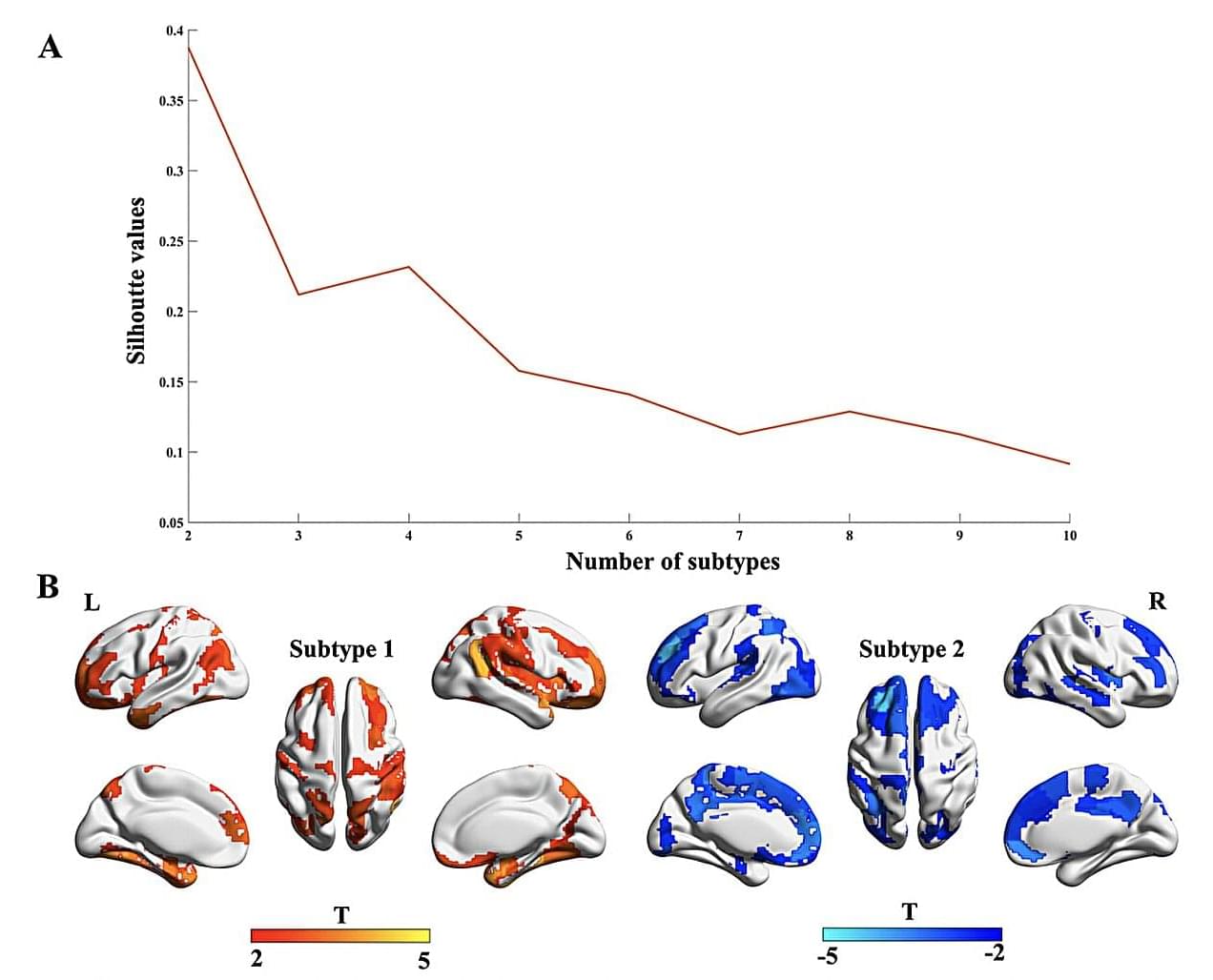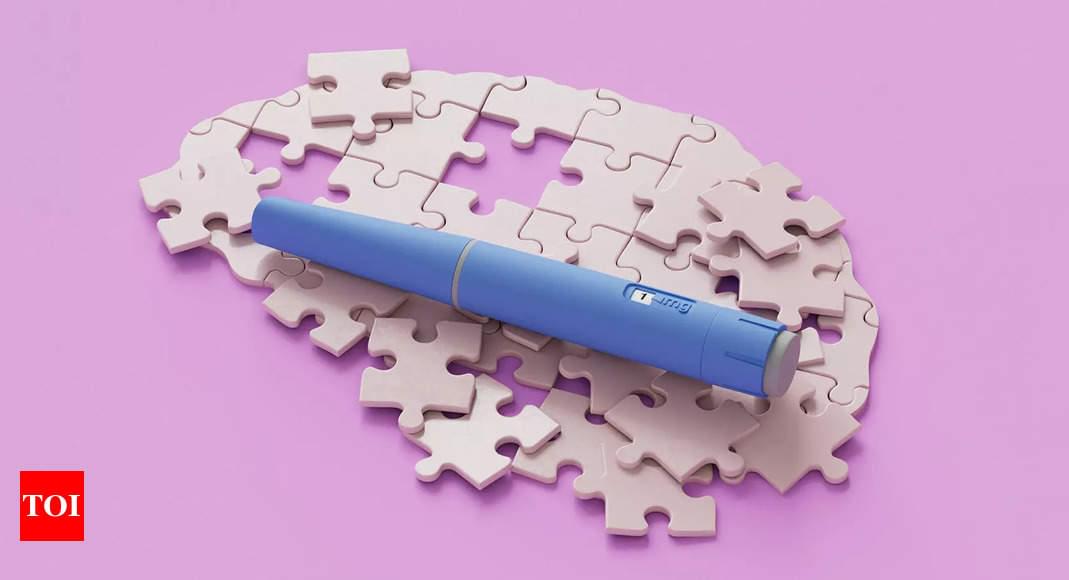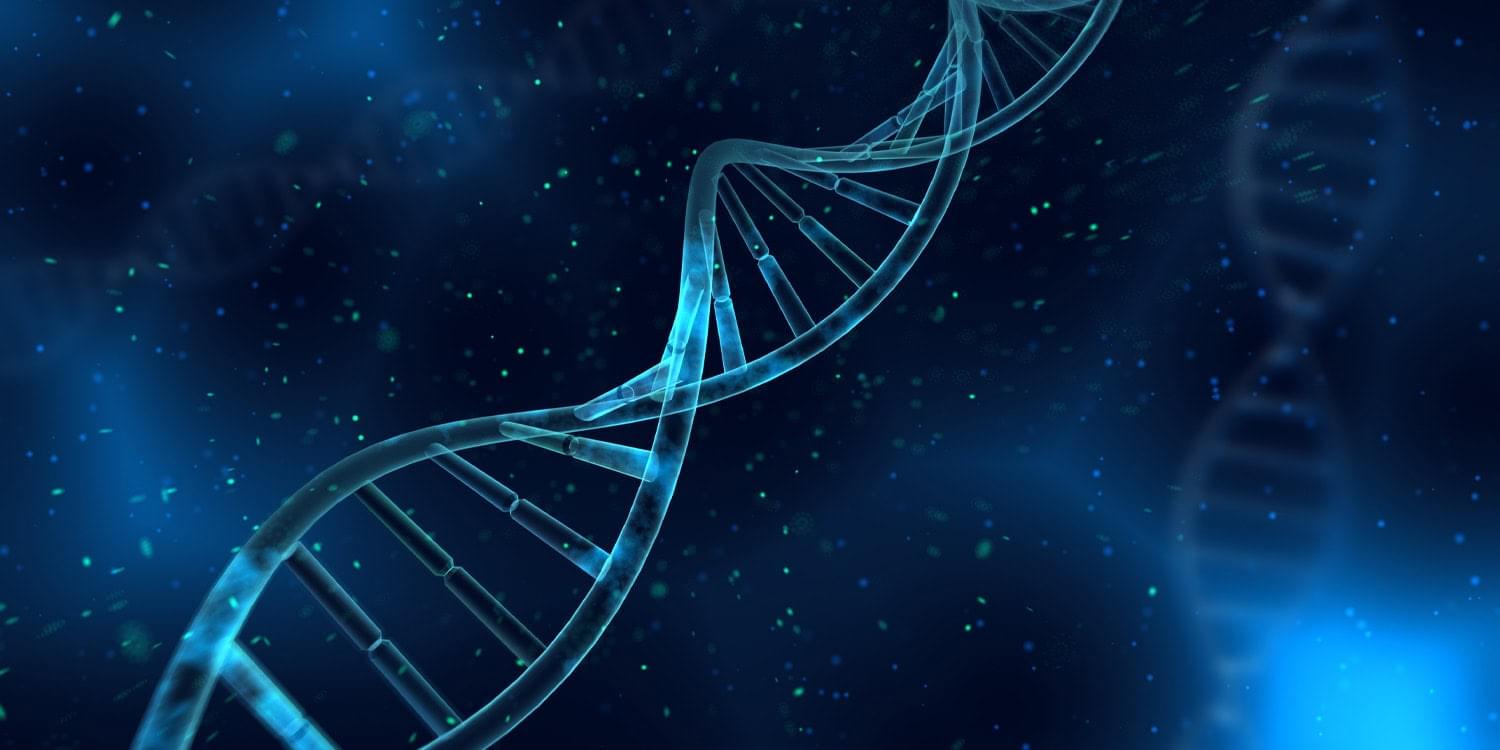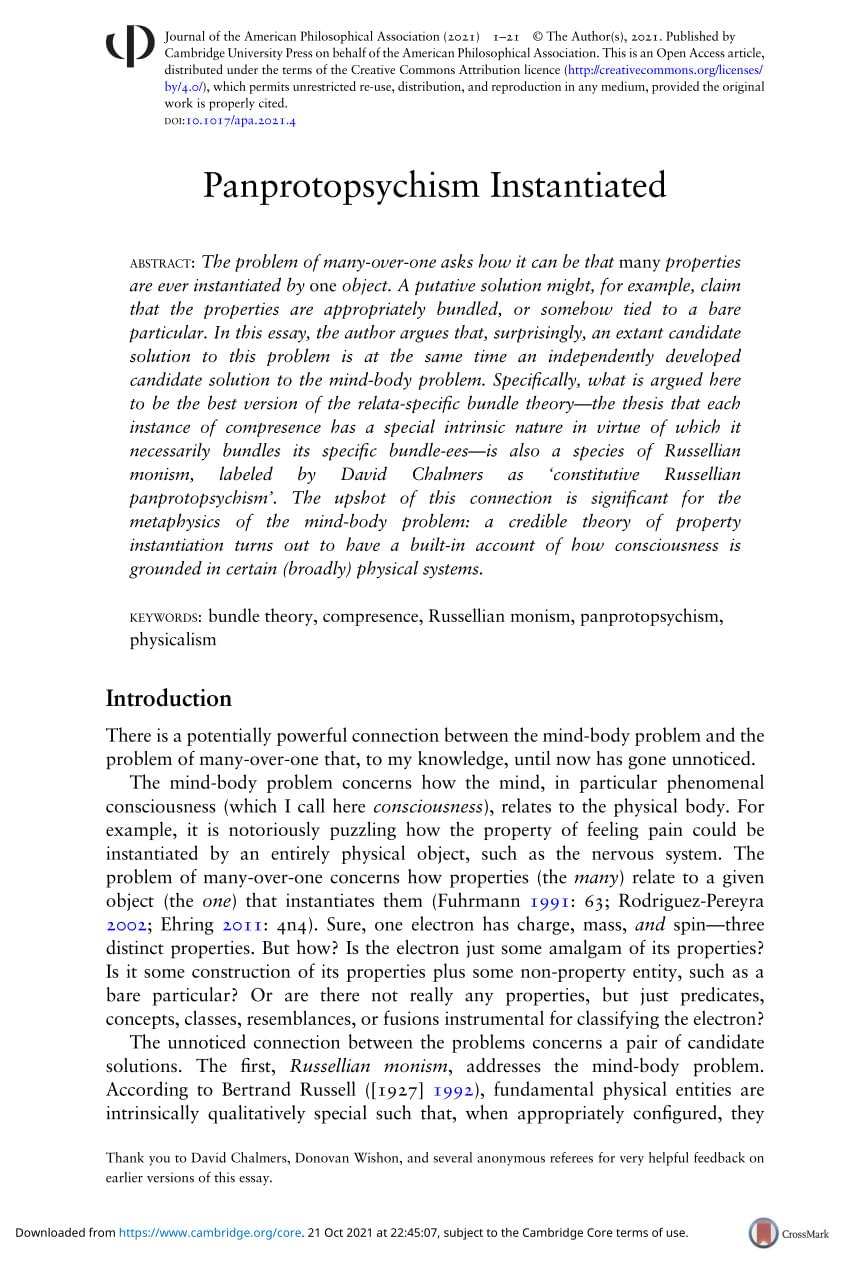Dr. Masayo Takahashi graduated from Kyoto University’s Faculty of Medicine in 1986. In 1992, she completed her Ph.D. in Visual Pathology at Kyoto University’s Graduate School of Medicine. She first worked as a clinician, but later became interested in research following her studies in the United States in 1995. In 2005, her lab became the first in the world to successfully differentiate neural retina from embryonic stem cells. She is currently the project leader of the Laboratory for Retinal Regeneration at the RIKEN Center for Developmental Biology (CDB).
Recently in Japan they restored vision of three people using puliportent stem cells.
Then, in March 2017, Dr. Takahashi and her team made another important step forward. While the 2014 surgery had used cells generated from the patient’s own tissues, Dr. Takahashi and her team succeeded this time in the world’s first transplantation of RPE cells generated from iPS cells that originated from another person (called “allogeneic transplantation”) to treat a patient with wet-type AMD. Currently, the patient is being monitored for the possibility of rejection, which is a risk of allogeneic transplantation. Regarding the significance of the operation, Dr. Takahashi explains that “allogeneic transplantation substantially reduces the time and cost required in producing RPE cells, creating opportunities for even more patients to undergo surgeries. Hearing patients’ eager expectations firsthand when working as a clinician has also been a significant motivation.”
Dr. Takahashi’s team is currently making preparations for clinical studies that will target retinitis pigmentosa, a hereditary eye disease, by transplanting photoreceptor cells. “Having my mind set on wanting to see applications of iPS cells in treatments as quickly as possible, I have been actively involved in the creation of the regulations for their practical applications in regenerative medicine. In Japan, where clinical studies and clinical trials can be conducted at the same time, there is significant merit in the fact that research can be carried out by doctors who also work in medical settings. This helps ensure that they proceed with a sense of responsibility and strong ethics. Our advanced clinical studies have attracted the attention of researchers working in regenerative medicine in various countries. I intend to maintain a rapid pace of research so that we can treat the illnesses of as many patients as possible.”






